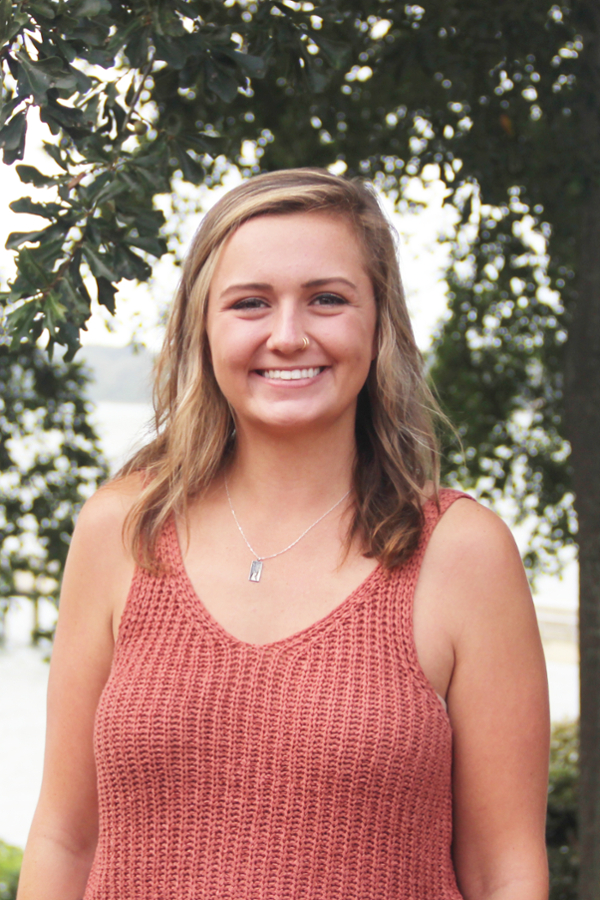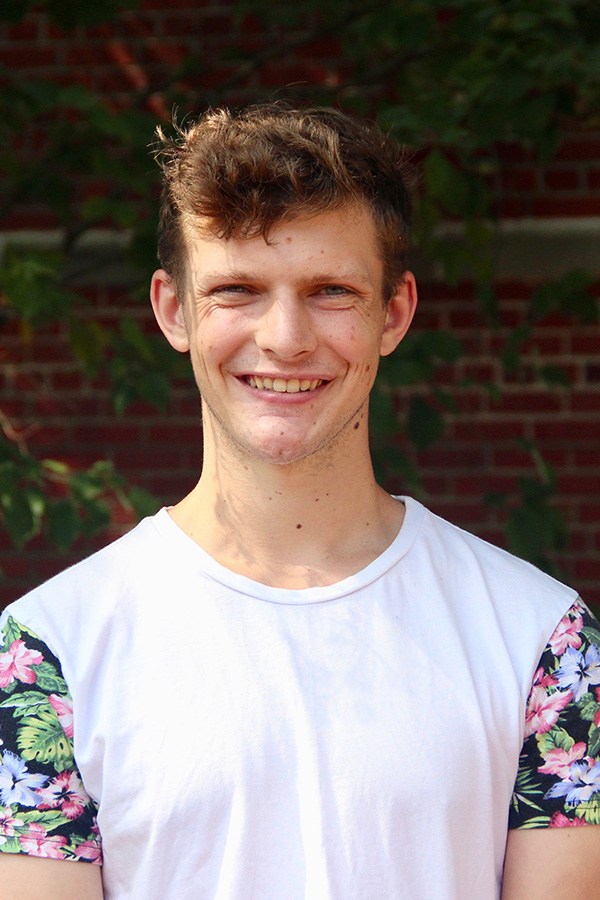Best Student Paper Awards
Each year a committee of faculty and students undertakes the difficult task of choosing the best journal articles from the many papers written by our graduate students. Each paper considered is either accepted, in press, or published in a peer-reviewed journal. The papers reflect the superb quality of student research at VIMS and the outstanding mentoring of our advisors. Papers are judged for the scope of problem, degree of challenge, magnitude of student effort, hypothesis formulation and testing, and writing style.
This year, the committee members—Donna Bilkovic, Rich Brill, Hamish Small, Steve Kuehl, and Abigail Sisti—evaluated 15 papers.
Master's Category

This year’s choice for the best paper by a Master’s student goes to Evan Flynn for her article in Marine Geology.
River deltas can either be sinks or sources in the global carbon cycle. Evan’s paper showed that the offshore delta fed by the two longest free-flowing rivers in Asia is currently an efficient trap for the rivers’ sediment and carbon, but that human modifications to the rivers and their watersheds may alter this balance, impacting the global carbon cycle, regional coastal-erosion trends, and marine resources supporting 54 million people.
Congratulations, Evan!
Ph.D. Category

This year’s winner of best paper by a Ph.D. student goes to Alex Smith for “Sea Level‐Driven Marsh Migration Results in Rapid Net Loss of Carbon.” It appeared in Geophysical Research Letters.
Rising seas are transforming forests into marshland all along the Atlantic Coast. By measuring carbon in retreating coastal forests and marshes around the Chesapeake Bay, Alex discovered that young tidal-marsh soils store far less carbon than living trees, meaning that forest retreat will lead to a net loss of carbon. This is the first time that carbon lost from forests has been incorporated into coastal carbon budgets, and changes not just the magnitude but the direction of response. Alex’s discovery was only possible because he worked across traditional boundaries—connecting forest, marsh, biomass, and soils.
Congratulations, Alex!

